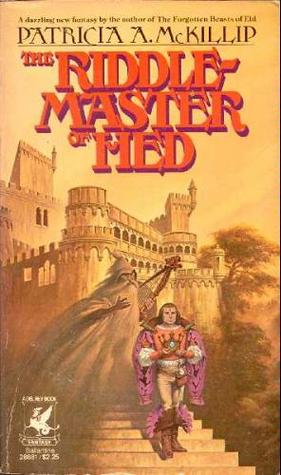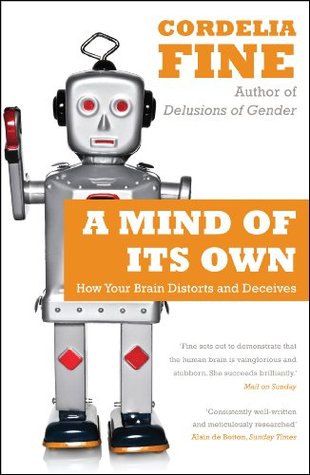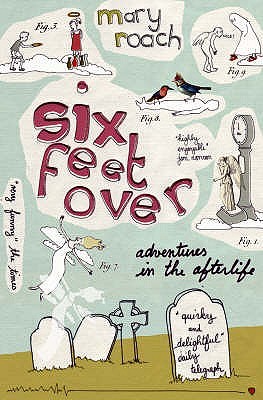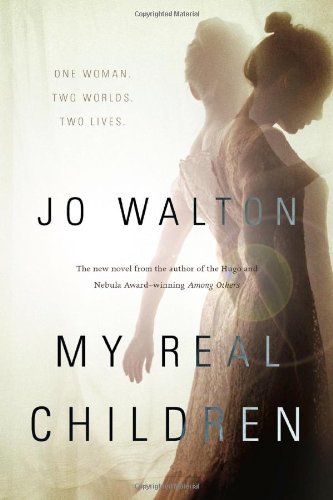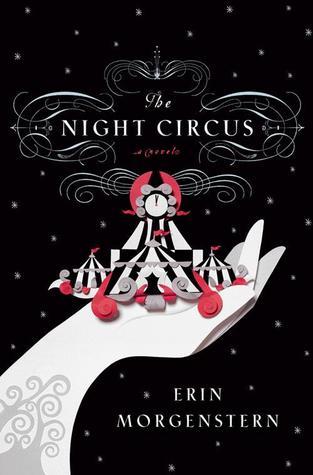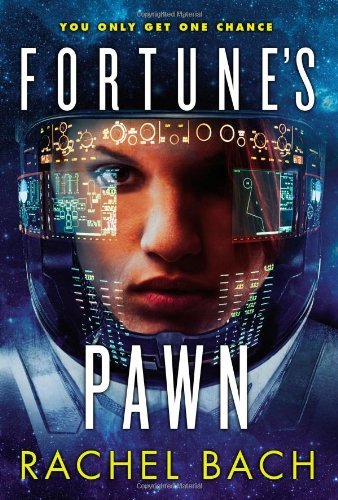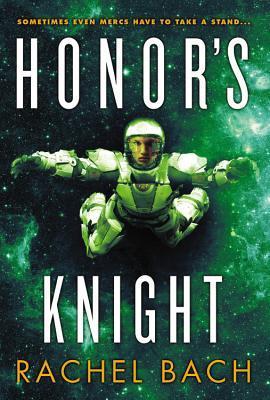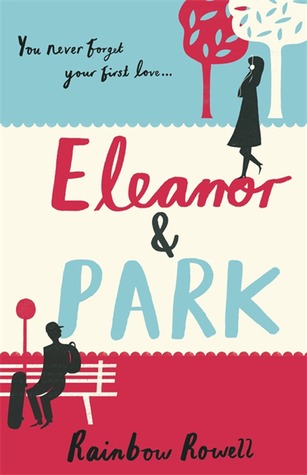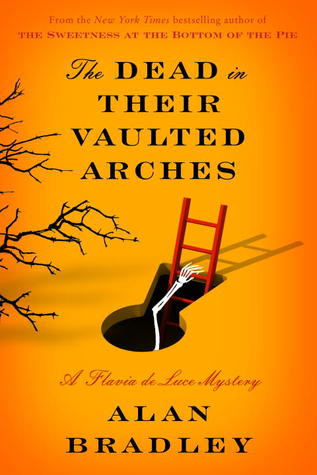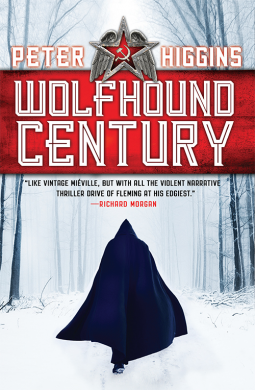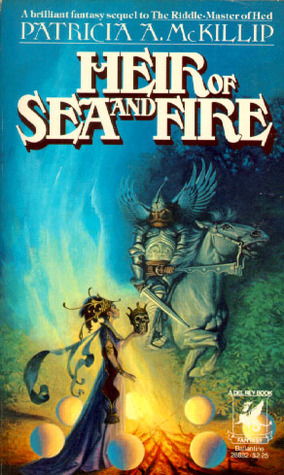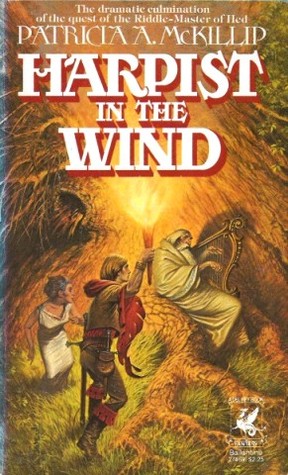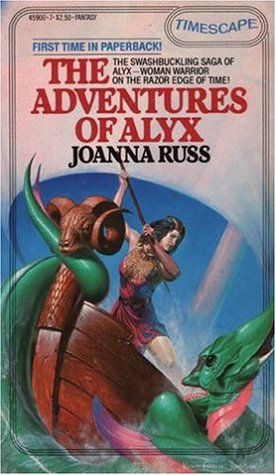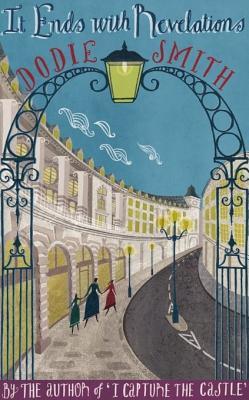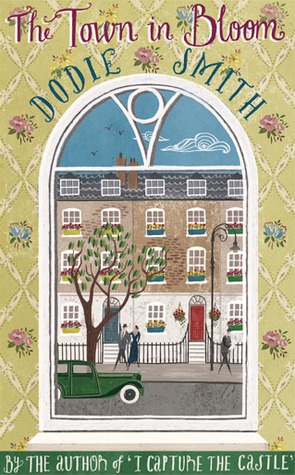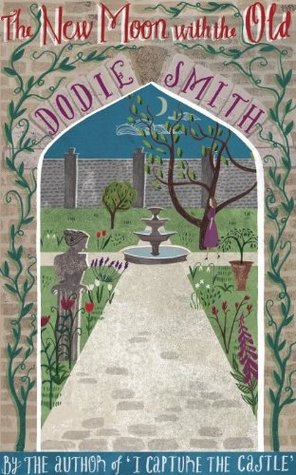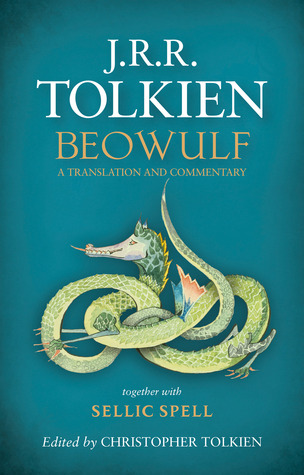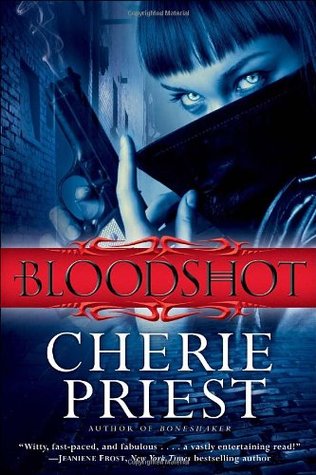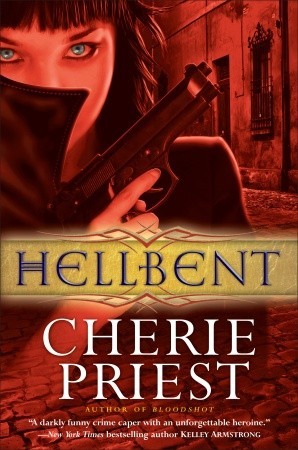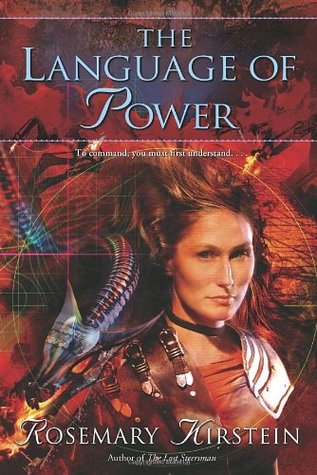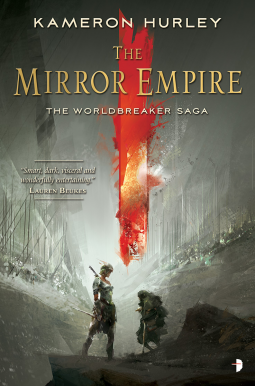It’s apparently a freebie week for Top Ten Tuesday, hosted by The Broke and The Bookish. I saw someone else talk about the top ten books/series they want to get round to rereading if they have time, which sounds like a good idea. I’m a chronic rereader, with some favourites I never get tired of, but I feel guilty doing it because I have so much I should be reading already!
- Robin Hobb’s Realm of the Elderlings series. I’m actually trying to work on rereading this, since I have the new one as an ARC, but there’s so many books out there, it’s hard to find the time. I remember being utterly enchanted back when I first read the books, though, so I hope the shine hasn’t worn off.
- Tanya Huff’s The Fire’s Stone. I just recall finding this one really fun, and enjoying the romance plot.
- Cherie Priest’s Cheshire Red books. I love these. I have them to reread, it’s just getting round to it. Adrian is the most badass ex-navy SEAL drag queen you could wish for, and I love the unconventional family Raylene builds up around herself.
- Jacqueline Carey’s Kushiel series. I ate these up the first and second time, but it’s been a while now. I’m looking at the new, cheap editions as ebooks and thinking it might be about time. I’m not a big fan of Imriel’s series, but I adore Phèdre and Joscelin, and the politics of it all. “I’ll be damned in full and not by halves” is one of the more memorable quotes in any book I’ve read.
- Jo Walton’s Sulien books. Plus A Prize in the Game, which isn’t strictly about Sulien. Asexual protagonist who is a kickass woman in the Arthurian world, what’s not to love? Plus interesting relationships with the people around her. I remember this really fondly.
- Robin McKinley’s Sunshine. There’s something about Sunshine and the unrelated Chalice that pull me back again and again. It’s the characters, I think, the way people interact, the way magic works. And the focus on homely things as well, like Sunshine baking and the heroine of Chalice keeping bees.
- Guy Gavriel Kay, The Lions of Al-Rassan. Well, actually all of his books (I’m revisiting them in publication order, to watch the development of his style), but especially Lions because I think that’s the only one apart from Under Heaven and the latest that I haven’t read at least twice, and I invariably appreciate GGK’s work more on the second go.
- J.R.R. Tolkien, The Lord of the Rings. This is more or less a permanent state of being for me. Having studied the books, I can see so many more layers and bits of interest than I ever did before. It’s also interesting because I’m exploring the world via a different medium, in Lord of the Rings Online, which no doubt will make me pay attention to different details.
- Joe Abercrombie’s First Law trilogy. I have the ebooks, all ready for a reread, it’s just getting round to it. I remember enjoying these books a lot, and my partner’s just recently read them and feels the same, so I have high hopes.
- Bernard Cornwell’s Warlord Chronicles. I loved Cornwell’s take on Arthur and his men, and this is another case where I’ve bought e-copies for my collection and for an excuse to reread, and… am taking forever to get round to it. Well, hopefully not forever.
So, what interesting top tens are you seeing around, people? Any you’d like to see me do?

